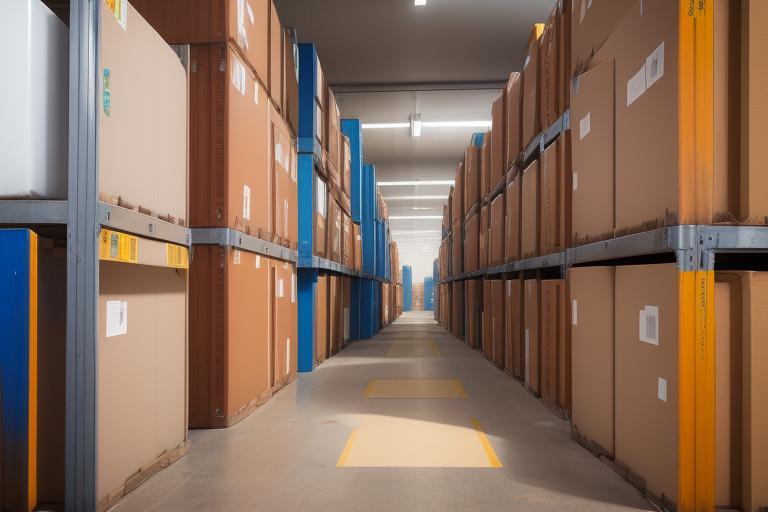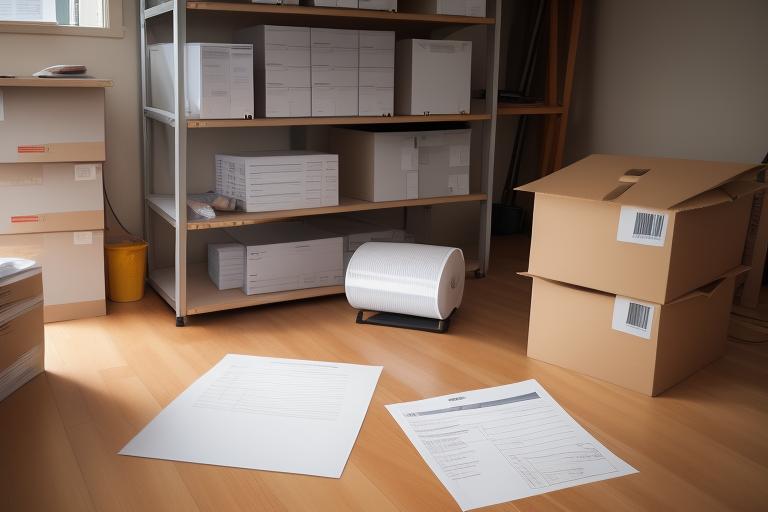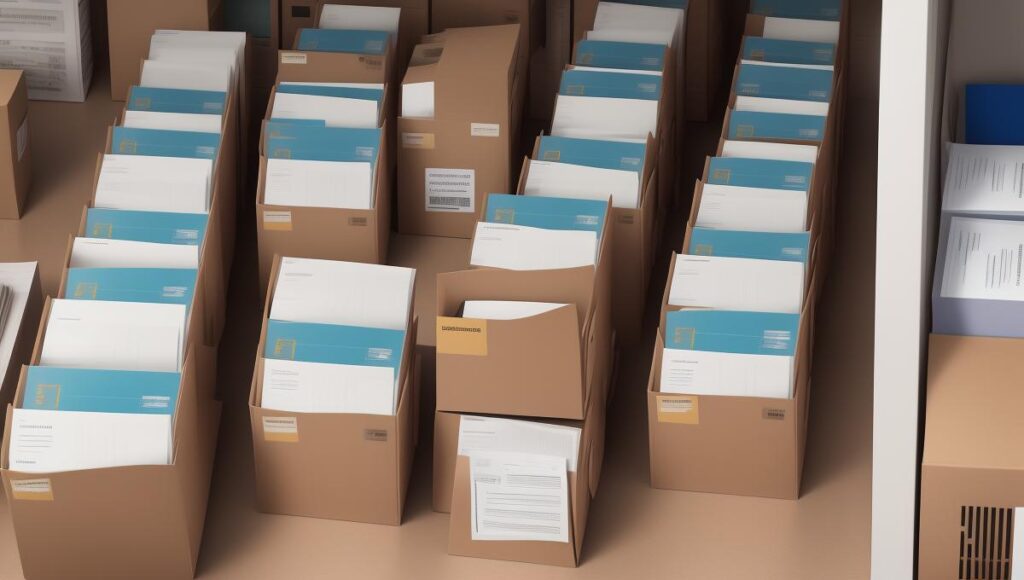As a business engaged in cross-border trade with the European Union (EU), a critical aspect of your operation should be understanding and accurately managing EU customs compliance documentation. This can seem like a daunting task, but with the right guide at your disposal, it can be much more manageable. In this comprehensive guide, we furnish you with essential knowledge on key documents and processes related to EU customs compliance.
Understanding the Importance of Customs Compliance Documentation

As the first step, it is crucial to understand why customs compliance documentation is so critical. It ensures smooth cross-border transactions, avoiding unnecessary delays or penalties. This documentation proves the legitimacy, origin, and value of the goods you are moving, allowing for proper import duties and taxes to be calculated.
The Single Administrative Document (SAD)

This is a form used in the EU customs territory for the export, import, or transit of goods. It contains information about the trader, the goods, and their destination, serving as a universal customs declaration in the EU. Ensuring this document’s accuracy is imperative.
Economic Operators Registration and Identification (EORI) Number

All businesses trading goods with the EU must have an EORI number, which is used to track and document all customs activities within the EU customs territory. It’s an essential tool for transparency and compliance enforcement.
Commercial Invoice

This document is a critical part of customs compliance. A commercial invoice defines the value of the goods, helping assess the customs duties. It should include detailed information about the sender, receiver, and the goods in question.
Intrastat Declarations
Companies transporting goods within the EU must provide Intrastat declarations. These assist with the compilation of statistics regarding goods traded between EU member states. They aid in understanding the landscape of intra-EU trade.
Conclusion
Understanding EU customs compliance documentation is crucial for businesses trading in the EU. It involves mastering several legal requirements and documents, such as SAD, EORI number, commercial invoice, and Intrastat declarations. By doing so, you ensure smooth, hassle-free operations, fostering stronger trading relationships within the EU.
